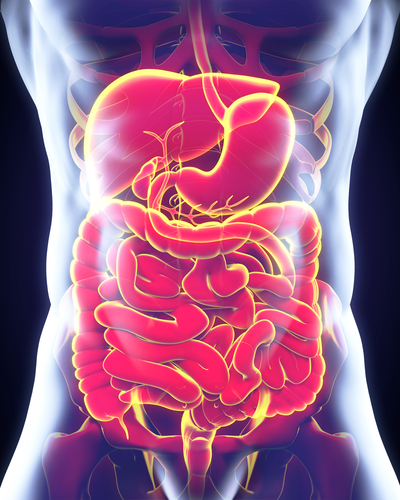 EnteroTrack, LLC and the University of Colorado (CU) recently signed an exclusive agreement that will allow the company to develop and market a new monitoring device for gastrointestinal tract inflammation. The new technology could enhance current diagnostic and treatment approaches for a variety of GI diseases, including IBD, where inflammation is an issue.
EnteroTrack, LLC and the University of Colorado (CU) recently signed an exclusive agreement that will allow the company to develop and market a new monitoring device for gastrointestinal tract inflammation. The new technology could enhance current diagnostic and treatment approaches for a variety of GI diseases, including IBD, where inflammation is an issue.
It is often difficult to diagnose inflammatory conditions of the gastrointestinal tract because blood tests and radio-imaging are not able to define the original cause of the inflammation itself. Thus, patients suffering with conditions such eosinophilic esophagitis, severe gastroesophageal reflux, eosinophilic gastroenteritis, food allergic enteropathy and inflammatory bowel disease have to be diagnosed through endoscopy, a technique that uses an instrument to visualize the esophagus and that makes possible to collect samples that can be tested.
EnteroTrack is developing a capsule that allows the analysis of the esophageal content through a simple and low-cost procedure. This capsule can identify the presence of esophageal inflammation and assure that the patient is treated effectively and faster and can also be used as a monitor of the treatment’s success. Further, in the future, it could also be used to better diagnose esophageal diseases.
The new company and its technology is the result of a partnership between Glenn T. Furuta, M.D., a professor of pediatrics at the CU School of Medicine at the Anschutz Medical Campus and a pediatric gastroenterologist at Children’s Hospital Colorado; Robin Shandas, Ph.D., professor and chair of bioengineering at the University of Colorado Denver, College of Engineering and Applied Science; and Steven Ackerman, Ph.D., a professor of biochemistry at the University of Illinois College of Medicine at Chicago.
Dr. Furuta explained: “This partnership represents the best aspect of academic medicine. We have been able to successfully collaborate in a multi-disciplinary fashion to develop and execute a plan that will ultimately improve the lives children and adults with gastrointestinal diseases.”
The technology was developed in collaboration with Ackerman and then, through Shandas, the idea was moved out of the lab to become commercialized. The Children’s Hospital of Colorado provided funding for the project, since the technology reveals significant potential to improve the lives of children suffering with these sorts of conditions.
“Given the increasing pressures to contain costs, there is clear rationale for innovative, cost-effective methods to monitor esophageal diseases. This technology holds particular promise because it can reduce total patient care costs while keeping good margins. We hope to obtain FDA approval for the device in 2015,” concluded Shandas.

